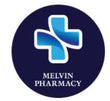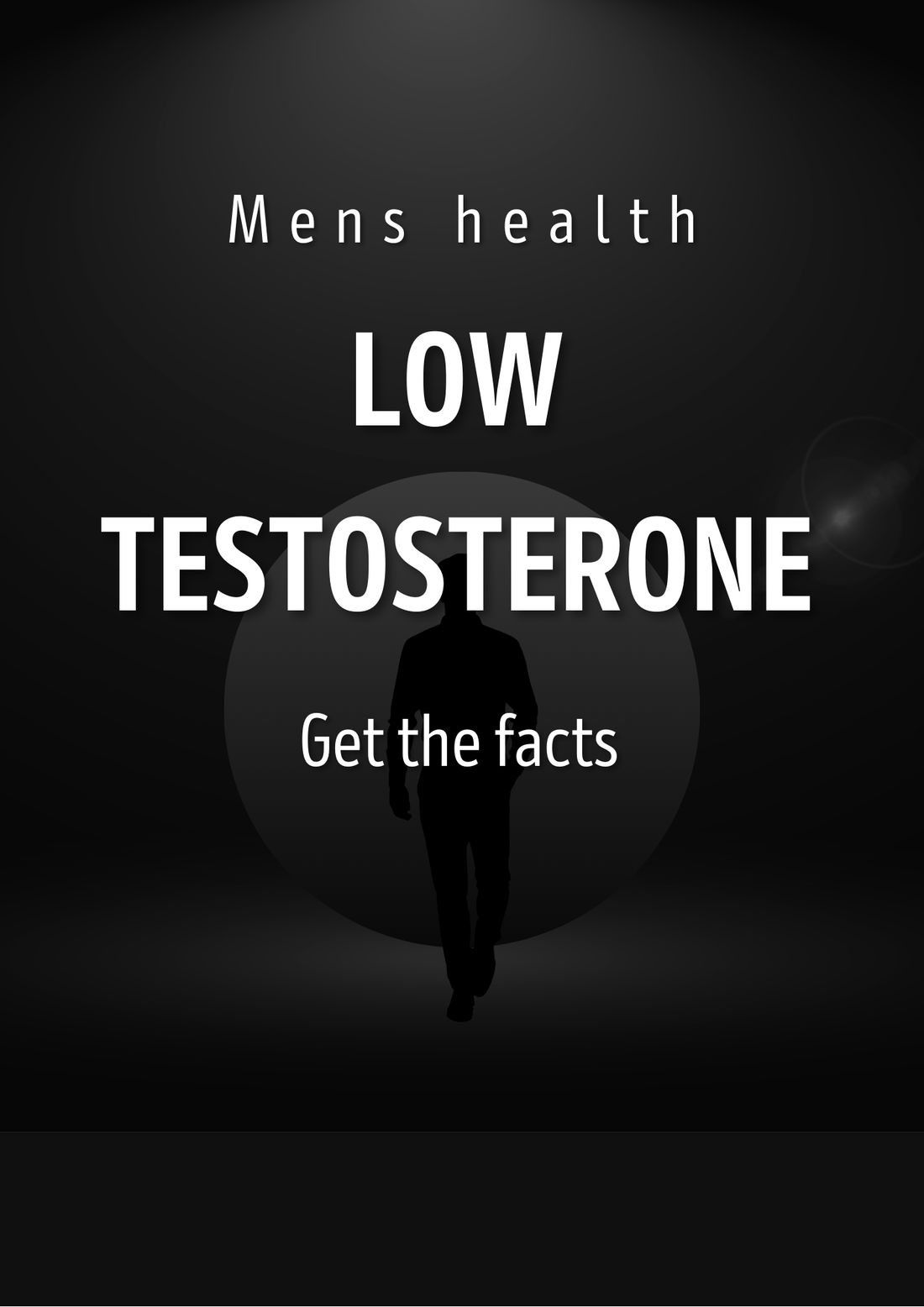Eat the rainbow to keep your gut healthy
Everyone is talking about ‘having a healthy gut’ and ‘rebalancing your microbiome’, but what exactly does this mean? And why is there so much talk about this now? Well, I’m here to tell you the answer, and why we really should be listening to our gut. And, why is it especially important for pregnant and breast feeding women to listen to their gut.
Your microbiome is a massive ecosystem made of up trillions of organisms such as bacteria, yeasts, fungi & viruses that live in your digestive tract. Collectively these weigh up to 2kg – that’s heavier than the average human brain!
The human gut microbiome and its role in health are the subject of extensive and ongoing clinical research. What we do know is that the microbiome is involved in fundamental metabolic, nutritional and immune system functions. That’s why it is so important to protect the microbiome and support its continued healthy balance.
What Your Microbiome Does
Your microbiome lives in harmony with you. Take care of it, and it’ll take care of you. Although scientists are only beginning to understand the role of the microbiome, it is believed to assist in:
The breakdown of complex carbohydrates
Producing vitamins and minerals
Producing short-chain fatty acids, and producing anti inflammatories
Defending against pathogens/germs
Training our immune system
Supporting detoxification
We know our gut is responsible for digestion, but less widely known is that 70% of our immune system is in our gut, our happy hormone serotonin is produced in our gut and vitamins and minerals are produced there also.
Have you ever felt nervous, and your tummy ‘goes funny’ and your bowels become looser? Well, this is due to the brain-gut link. The vagus nerve connects the brain and the gut. So when you feel nervous, or sense danger, a message is sent to your gut, hence the queasy stomach. Mainly scientists are now referring to gut as your 2nd brain.

So a picture is starting to emerge, outlining why our microbiome is important – we need it for proper pain free digestion, our immune system, our mental health, production of vitamins and minerals and production of natural anti inflammatories.
But what alters our microbiome, and what does an altered microbiome mean?


The most obvious things that affect our microbiome is our diet. There are other factors such as lack of exercise, lack of sleep and drugs such as antibiotics and antacids.
Nowadays, we depend on a diet high in saturated fats, high sugar uptake and low fruit and fibre uptake – not what our gut likes. Our gut thrives on the insoluble fibres in wholegrains, fruit, veg, pulses, nuts, beans and fermented foods, but unfortunately, we are not getting enough of these.
The bacteria in our gut uses these insoluble fibres to produce short chain fatty acids that are hugely important in releasing natural inflammatories, and all the beneficial affects that come with that – less bloating, less gut pain, and a reduction in constipation.
Drinking more water, avoiding sugary drinks and regular exercise all improve the health of our microbiome.
An unbalanced microbiome may present itself as – pain during digestion and bowel movements, constipation, bloating, low mood, fatigue, worsening of inflammatory conditions, increased risk of cardiovascular disease and obesity.
How does the microbiome affect the pregnant/breast feeding woman?
Here comes the science –
The Importance of Breast Feeding and the Infants Microbiome
So the newborn infant is born with a sterile gut, and the first introduction they will have to bacteria is the vaginal canal, and breast milk or formula milk.
Upon delivery, diet is one of the major factors impacting the maturation and diversification of the microbiome in early life. Both the type of milk given to the suckling infant and the subsequent introduction of solid foods appear to be involved in shaping the microbiome.
In contrast to infant formulas, breast milk contains a wide variety of factors that support the development and maturation of the infant gut. The microbiome in breastfed infants that is clearly distinct from that of formula-fed infants. Moreover, breast milk contains its own microbiome and may as such directly seed the infant gut with bacteria1 . Breast milk contains more types of beneficial bacteria and in larger quantities than bottle fed babies. Therefore, the healthier the mothers microbiome, the healthier the babies microbiome.
However, many babies are bottle fed, and parents should not despair reading this. Your microbiome is not fully laid down until you are approximately 5 years of age. The introduction of solid foods can alter the microbiome. An American study sampled the stool samples of children starting solid foods. Those children with a diet high in insoluble fibers (wholegrains, cereals, fruit and veg, pulses) and a diverse diet where the child sampled lots of different types of the aforementioned foods, had a microbiome higher in beneficial bacteria, than those children eating a low fiber diet with little variation 2. Therefore, the weaning diet is very important.
Factors affecting a newborns microbiome
C Section, Vaginal Delivery and the Microbiome
Breast feeding or formula feeding is not the only thing that affects the newborns microbiome. The way the newborn was delivered also affects the microbiome. For example, there is a huge difference in the microbiome between children born by vaginal delivery (VD) and children born by C- Section (CS). A baby born by VD will be in direct contact with the vagina and the mothers microbiome, whereas children born by CS will have a different microbiome – more in keeping with that of the environment of the hospital and the mother skin.
A critical review carried out in 2018 concluded – There is certainly a transient difference in the gut microbiota of infants born by CS delivery compared to their VD counterparts. While this difference appears to be corrected after weaning, it may have lifelong impacts on the development of the immune system. This might underpin the increased incidence of asthma, allergies, and autoimmune diseases seen in CSD infants later in life.3

Basically, the review concluded that the microbiome is clearly different depending on whether you are born by vaginal delivery or by C Section, and vaginal delivery confers the best microbiome to the baby. However, as we’ve already stated, the introduction of breast milk, and healthy weaning with foods high in insoluble fibers, can rebalance the gut.
C sections can be life saving for both mother and baby, but more and more women are choosing to have a C section for convenience as opposed to only in a medical emergency. Clearly more studies are required in this area, but vaginal birth should always be encouraged, and mum advised to maintain a balanced microbiome throughout her pregnancy.
It should be stressed that women should not only be encouraged to have a healthy microbiome for their baby, but also for themselves. It is long recognised that a healthy microbiome promotes better mental health due to the gut-brain axis link. In addition healthy balanced microbiome, reduces the risk of stomach issues and constipation, which is often an issue for pregnant women.
So how can women achieve a balanced microbiome?
The term “eat a rainbow” is really relevant here!
-A diet full of variety and colour including plenty of wholegrains, pulses, nuts, fruits and vegetables is the best way to boost your gut health.
-Changing up your weekly shop to incorporate different types of fruit or vegetables and mixed seeds and grains are easy ways to do this.
-Think of trying a new variety each week or changing orange carrots for purple as examples.
-Kefir yogurts are also a convenient and effective way to add some good bacteria into your daily routine.
-Drink plenty of water
-Play with your furry pets and get outdoors – our environment is too sterile.
-Get a good nights sleep – bacteria love routine and a regular bed time.
-There is also strong evidence for probiotic supplementation should you require antibiotic treatment, have GI issues, have an unhealthy diet or are constipated.
It is safe to use probiotics in pregnancy a breast feeding. A probiotic is a solution of live and active bacteria. A good probiotic is delivered directly to the gut, and contains several types of good bacteria. I recommend Symprove and I will explain why further down.These small changes can have hugely powerful benefits for your health and the development and future health of your new baby.

Symprove delivers Trillions of Bacteria to your gut. Taken daily by pregnant or breast feeding women can rebalance your gut
Symprove is a unique, water-based food supplement containing four strains of live and active bacteria, which are delivered to the gut to support the microbiome. Symprove should be taken as part of a healthy lifestyle. Symprove has been studied in research leading to the publication of several clinical papers.
There are loads of probiotics on the market – but what makes Symprove different?
Well, many of the probiotics of the market are broken down by the acid in your stomach. However, University College London researchers studied a range of bacteria-containing food supplements in an in vitro model that simulated human gut conditions. Symprove’s bacteria were shown to arrive, survive and thrive in the gut.4
Professor Simon Gaisford – one of the lead researchers involved in this clinical research from Symprove Multi Strain Supplement on Vimeo.
The reason I recommend Symprove is because it has gone through clinical trials and reaches the gut alive!!!
It provides an effective dose as shown through research
It is fully labelled with the types and strains of bacteria
It doesn’t contain gluten, its diary free and it can be used by pregnant and breast feeding women
So if you need any info on your Gut Health or Symprove, you can
Email us at garrisonpharmacy@hotmail.com
Follow us instagram www.instagram@melvinpharmacy
Follow us on www.facebook@melvinpharmacy
Call us on 02868659995
1 https://www.wageningenacademic.com/doi/abs/10.3920/978-90-8686-839-1_5
2Infants’ First Solid Foods: Impact on Gut Microbiota Development in Two Intercontinental Cohorts
https://pubmed.ncbi.nlm.nih.gov/34444798/#:~:text=The%20introduction%20of%20solid%20foods,to%20nutritional%20intake%20remain%20understudied.
3A Critical Review of the Bacterial Baptism Hypothesis and the Impact of Cesarean Delivery on the Infant Microbiome. https://www.ncbi.nlm.nih.gov/pmc/articles/PMC5945806/
4 https://www.symprove.com/pages/the-published-research-behind-symprove
Siobhan McNulty, Community Pharmacist and Independent Prescriber.





